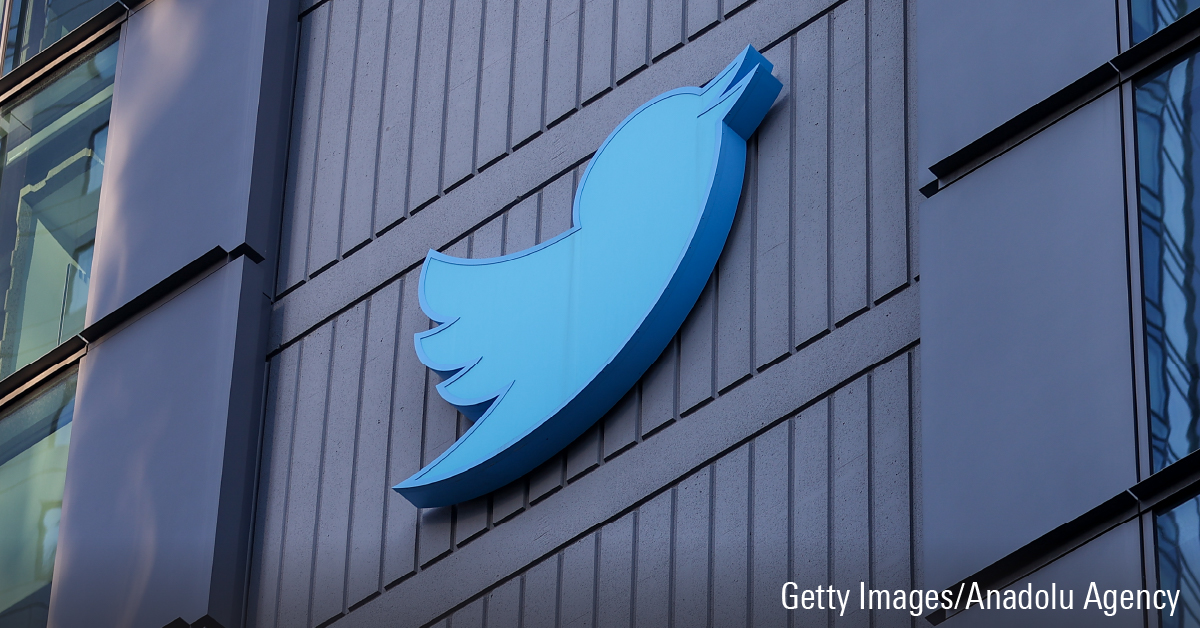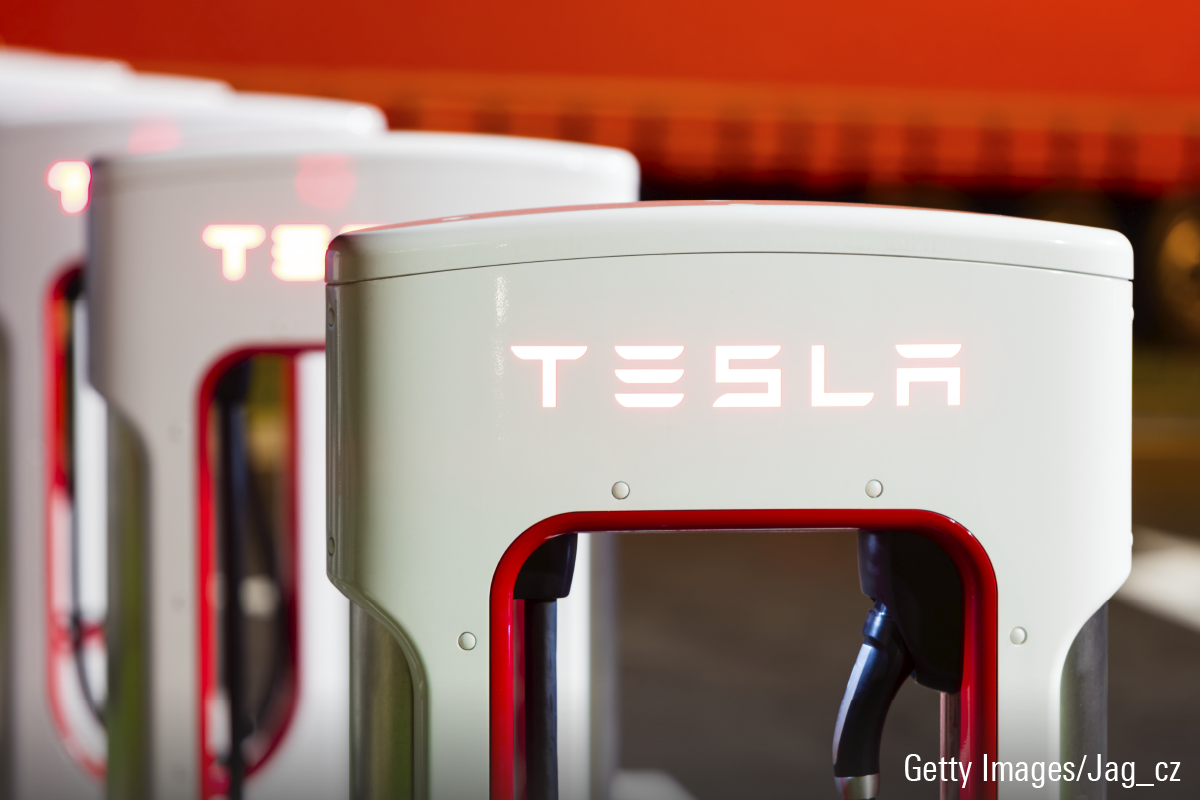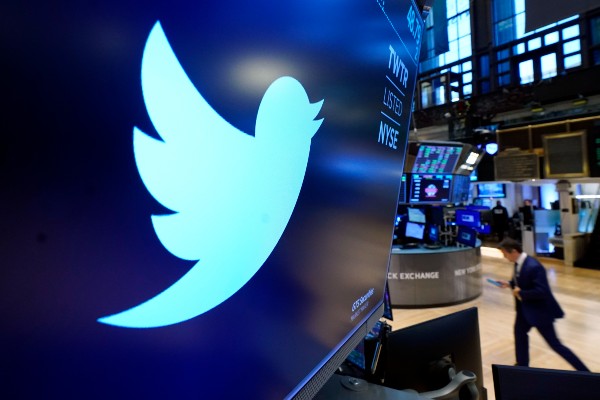Ruth Saldanha: Twitter, Tesla (TSLA) and Elon Musk have all been in the news almost nonstop this quarter. And today, we're back to talk about them some more. Elon Musk is the richest man in the world and part of that comes from his earnings as the CEO of Tesla, SpaceX, Neuralink and other companies, but especially Tesla. In 2018, Musk earned over US$50 billion from Tesla, which shareholders thought was a bit excessive, and so they sued him and the company. And now, activist investment platform Tulipshare has launched a campaign to link Musk's pay to Tesla's performance on ESG. Morningstar's Director of Investment Stewardship Research, Lindsey Stewart, is here today to talk about Tesla shareholders and why they're upset with Musk.
Why Shareholders Target CEO Pay
Lindsey, thank you so much for being here today. Let's start by talking about CEO compensation and shareholder activism. Shareholders have been targeting CEO pay for a while now. Why is that?
Lindsey Stewart: Well, shareholders are not generally averse to CEOs earning large pay package in and of themselves, and that's particularly true in the U.S. as long as they're aligned with company performance and the executives' own contribution. But there's long been a bit of discord between management and shareholders where there's less evidence of that link to company performance, and increasingly, investors are asking more pointed questions of management when that pay number appears to be just too large to be justified by any one person's contribution.
Tesla Shareholders Think Musk's $56 Billion Paycheck is Too Much
Saldanha: So, let's talk about Tesla in particular. What's the issue with Elon Musk's pay, and frankly, why are we talking about his 2018 pay in 2022?
Stewart: Well, there's been a court case brought in the Delaware Chancery Court by Tesla investor Richard Tornetta, and he claims that what he says is a supine board waved through an outsized pay package, and I think we're talking north of $50 billion here that he's claimed Musk essentially designed all by himself with little or no challenge from Tesla's independent directors, who would normally have something to say about the matter.
Now, let's be clear. It isn't the first time that questions have been raised over whether the directors on Tesla's board are providing the right level of independent challenge. According to Morningstar's analysis recently, nearly half of Tesla's independent shareholders voted against the reelection of the two directors who were submitted at their shareholder meeting in August. So, there's definitely been a history of discord there about directors' performance, and we're seeing that here as evidence in that court case.
Can Shareholders Link Musk's Pay to ESG?
Saldanha: Now let's talk about what's happening at present. Tulipshare is trying to get shareholders to vote to link Musk's pay to ESG. Has something like this ever been attempted before?
Stewart: Well, yes, I think the idea that linking management's pay to metrics other than pure financial performance isn't a new one. In many sectors like the one I've worked in energy and construction where issues like workplace safety or other things pose significant risks, it's long been common for those kinds of metrics to figure in management pay schemes. And increasingly, there are calls from for managers to include wider environmental, social, human capital-related metrics of a strategic nature within management pay. There isn't really a single right answer on how to do that, because there's no single definition of what good sustainability performance or social performance actually looks like for a company. But for investors who are focused on the long-term, ESG metrics are seen as a good proxy for the durability and quality of the company, and so many of them are keen for management pay to incorporate that much broader view.
Has Linking CEO Pay to Non-Financial Issues Worked?
Saldanha: Can you give us some examples in the past where CEO pay has been linked to specific issues or outcomes, and what part did shareholder resolutions pay in highlighting these issues?
Stewart: I think there are a few examples. Many companies have implemented ESG-linked pay. Some examples include Apple, Intel, McDonald's, Pepsi, and they've implemented metrics that relate to the environment, for example, climate change or even social issues like diversity, and they go back a variety of periods. Some are recent; some are much more historic. And I think the increased focus that we've seen in shareholder resolutions and in company votes on climate change and diversity in particular emphasized by many asset managers in their voting policies as we saw in research that we published in the summer. That will start to make such measures much more common at companies. So, we'll see that more often going forward.
What Should Tesla Shareholders Do Now?
Saldanha: Finally, what are possible next steps from here on out for Tesla shareholders?
Stewart: Well, it hasn't really been an easier few months for Tesla's shareholders, has it, with the share price doing what it's done. And that shareholder base has actually expanded considerably with Tesla being a top 10 S&P company now. So, perhaps this is one more detail they could live without. Speaking more generally though, it does show that for shareholders, a well-designed executive pay scheme is seen as a sign of a well-run company and that these issues are likely to continue to show up in future as shareholders increasingly scrutinize the performance of their company, both on the financial side but also from a wider sustainability and social responsibility side as well.
Saldanha: Great. Thank you for being here today and sharing your perspectives, Lindsey.
Stewart: My pleasure, Ruth.
Saldanha: For Morningstar, I'm Ruth Saldanha.









:quality(80)/cloudfront-us-east-1.images.arcpublishing.com/morningstar/347BSP2KJNBCLKVD7DGXSFLDLU.jpg)










